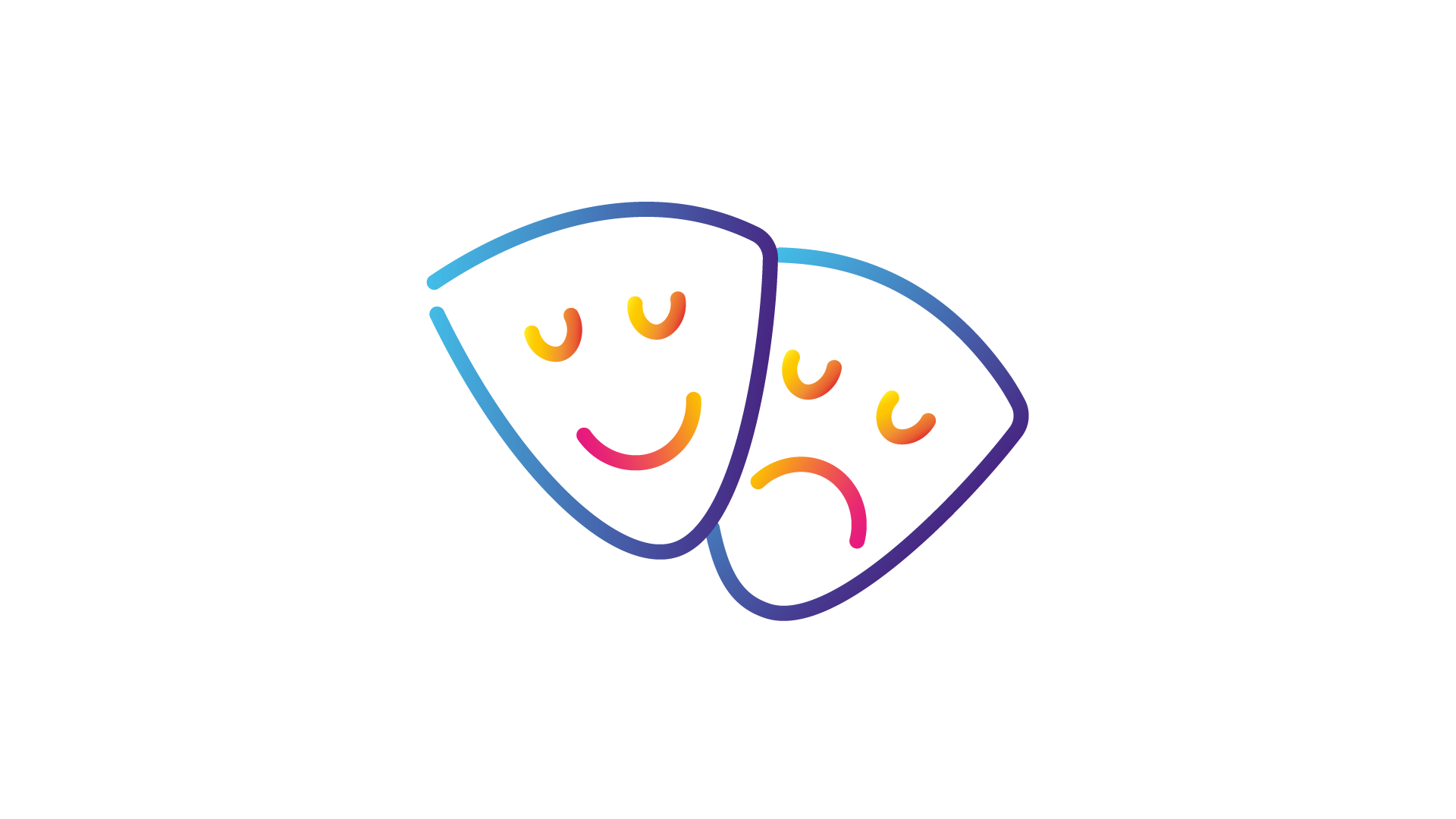The difficulty in sorting the good from the bad in friendships
The unknown and unimaginable dangers in the teenage social scene
By Gordon
The whole arena of friendships can be a tricky trodden path. The many pitfalls and potential pluses and minuses can be abstract. Intangible. And mind bogglingly elusive. That concrete world of early years replaced by a social world full of subtext and subtlety. Ambiguity and complexity. Doublespeak and hidden meaning. Concrete, literal, childish whispered words replaced by the subtler, sly snigger, smirk and adult eye-roll. Straight-out, clear-cut rejection replaced by the pretence of friendship with the presence of agenda. Shifting body language and changing voice tone — together — convey a meaning and an intention that neither alone ever really could, transcending the literal obviousness of words. A sudden change in conversational topic indicating an uncomfortableness that surrounds it. All mark the transition from a less concrete to a more abstract, complicated social playing field where shared understanding of social convention rules.
"The whole arena of friendships can be a tricky trodden path. The many pitfalls and potential pluses and minuses can be abstract. Intangible. And mind bogglingly elusive."

Transitioning to this more complex social playing field can be an especially challenging journey when you have Asperger’s or autism. Common social convention can be double Dutch. There can be social blind spots. People say one thing while meaning another. People can be put up to engage in risky behaviour where others would run the other way. Sidestepping this social trapdoor is vital. The key to this is to sort the good from the bad characters. People behave in roundabout ways. True intentions can be masked by seemingly civil surface behaviour. That seemingly outwardly friendly demeanour can be contradicted by conflicting inner attitudes and thoughts that are less concerned with your welfare. The trick is perhaps to scratch beneath the surface...
Submit work and our rules
Whether you have an article, piece of artwork or a poem you would like to be considered for inclusion, please send it in and it could appear in a subsequent issue.
Find out moreRelated and advice and guidance
Tips, support and resources for socialising and relationships
Calling all contributors!
We want to share the amazing archive of autistic prose, poetry and art that is the Spectrum magazine.
If anyone who contributed to the magazine doesn’t want their work to be reproduced, please email us at content@nas.org.uk and we will remove it.

Subscribe to the paper magazine
A subscription will pay for four issues of the Spectrum magazine, delivered straight to your door.
Visit our online shop to order your subscription today.







You are not alone
Join the community
Our online community is a place for autistic people and their families to meet like-minded people and share their experiences.
Join today